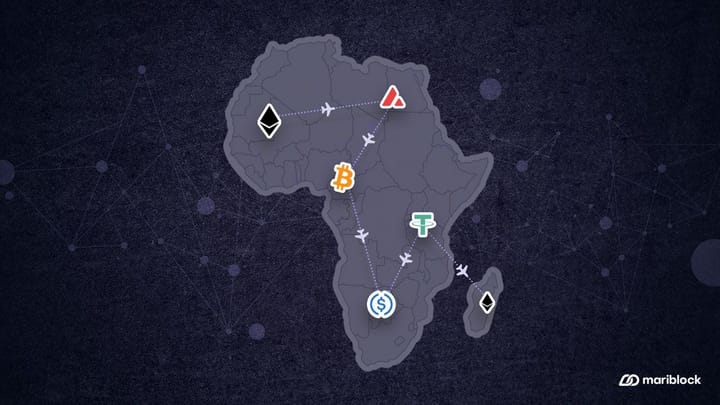Nigeria and South Africa lead Consensys study on crypto recognition
In Nigeria, 99% of those surveyed knew about crypto, and over 70% understood what a blockchain is.

Nigeria and South Africa emerged as key players in the world of blockchain and decentralized technologies, according to findings from a new Consensys survey. The study, which involved more than 15,000 people from 15 countries, found that 92% of the respondents are aware of cryptocurrencies.
Key findings
- Developing regions like Nigeria and South Africa led the pack in crypto awareness, with 99% of Nigerians and 98% of South Africans demonstrating crypto knowledge.
- According to the survey, respondents in Nigeria and South Africa are the most familiar with the concept of non-fungible tokens (NFTs).
- Nigeria (65%) also showed the highest motivation to own cryptocurrencies to store value.
- 58% of Nigerians and 50% of South Africans say the future of money is one of the main reasons why they associate with cryptocurrencies.
- On the other hand, a significant 59% of total respondents consider scams as a major obstacle that prevents people from engaging with cryptocurrencies.
- Additionally, 48% of participants identified the market’s volatility as a significant barrier, while 40% perceived the underlying financial technology supporting cryptocurrencies as overly complex and suitable only for the technologically inclined.
Key Quote
“Despite global awareness of cryptocurrencies, only 8% of respondents consider themselves to be very familiar with the concept of web3, which highlights a disconnect between public perceptions of web3 and its potential as a solution to issues around privacy, identity, and digital ownership on the internet today,” the report read.
Blurry lines
- Consensys and YouGov did not provide sufficient sampling information to prove that the 1,001 Nigerians and 1,003 South Africans genuinely represent the diversity of those countries.
- The report said only “32 questions were administered to a representative sample of each’s population between April 26th and May 18th, 2023.”
- The study's authors claimed that the sample was representative of the populations of these two countries, but the sample size and online format raise questions about the study's validity.
- A sample size of just over 2,000 people is too small to be representative of the Nigerian and South African populations. The populations of these two countries are over 200 million and 50 million, respectively.
- In order to obtain a representative sample, the study would need to include a much larger number of participants.
Zoom out
- Per the survey, developing nations seem more open to the innovation as cryptocurrencies have helped address challenges like unstable currencies, high inflation rates, and limited financial infrastructure in some regions.
- This contrasts with the widespread mistrust of cryptocurrencies in European nations, Japan, and South Korea. In Japan and Indonesia, only one in three respondents claim to have a clear understanding of what cryptocurrency is.
Editor’s note: This story was updated to include uncertainties about the study’s validity.



